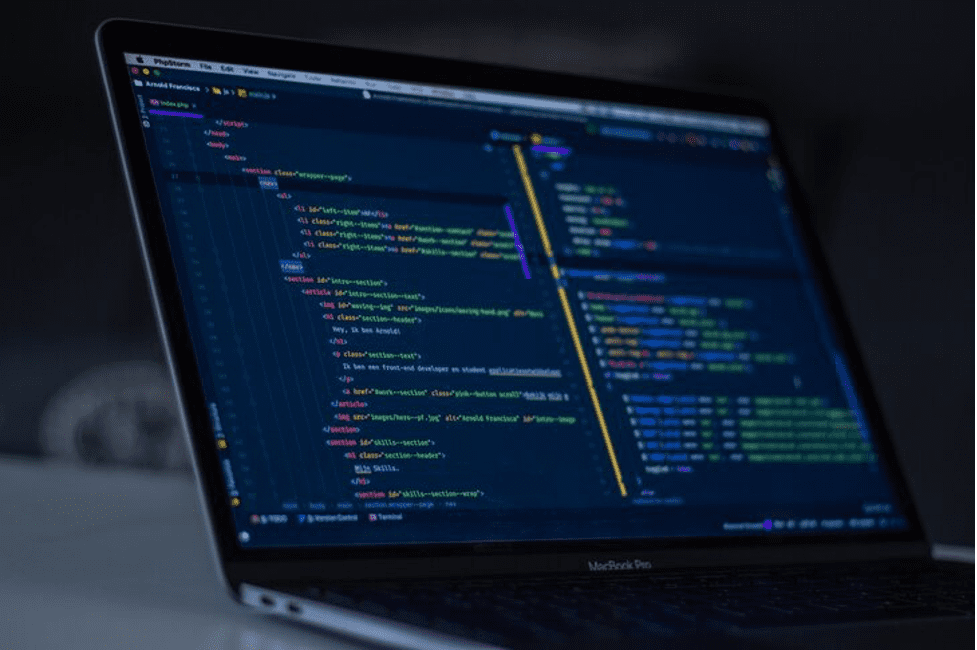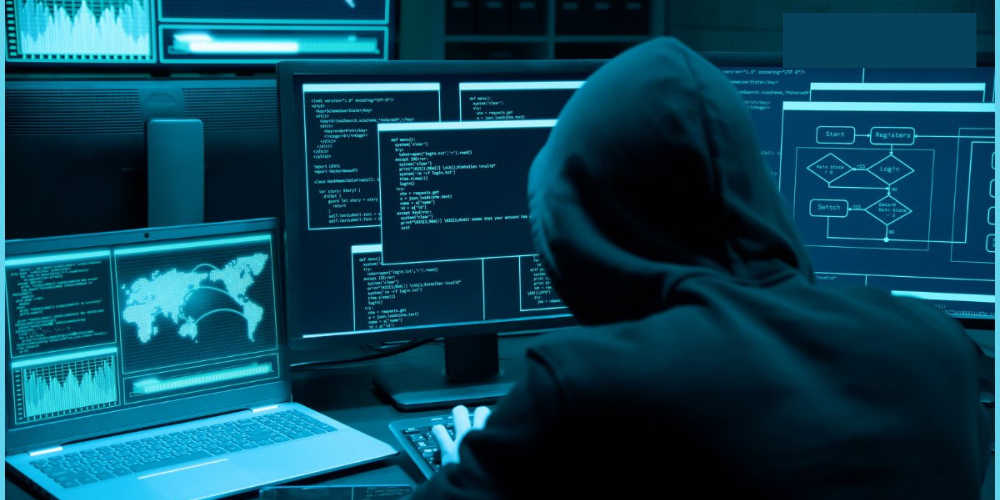It's a no-brainer that high technology computer systems have made our lives smooth and hassle-free. They’ve helped us connect with the world, allowed us to learn and share information, and facilitated taking care of our daily chores in snaps. We, for one, couldn’t be thankful enough!
In today’s world, all you need to do is name something, and there’s bound to be a computer that will do it for you. But mind-bogglingly enough, that isn’t it in terms of the evolution of computers. Yes, a much bigger and better picture awaits!

Aditya Chinchure/Unsplash | A new wave of transformation awaits the current day computers
Undergrad students at the University of Sydney have been working on improving computing code so that it becomes faster and more efficient than the best supercomputers available today. Known as Quantum Computing, this new and improved code can be used to manufacture quantum PCs that will have the capability to solve more complex problems as compared to the so-called advanced computers of the present era. And here we thought modern technology was already quite ahead of its time!
The world of quantum computing
As we know, at its very core, computers store and process the information on the basis of random combinations of bits. These bits (sequences of zeros and ones) act like switches that can command on and off positions of memory spaces in a computer’s memory. Different arrangements of bits are how computers deal with data and make magic happen.

John Schnobrich/Unsplash | A few students in Sydney, are working toward developing qubits, faster and more efficient bits
Now all that is about to change. In the language of quantum computing, bits will transform into qubits or quantum versions of bits. They will be different from bits because they will be capable of turning into both, on and off states at the same point in time - a state that's termed superposition. Qubits will also be able to easily intertwine with each other, meaning that one qubit will be able to impact the state of another even if they two aren't tangibly connected.
If you followed that, you’ll have no difficulty understanding that quantum computers will be able to encrypt information in more compound ways thanks to these unworldly quantum states.
But the system might be vulnerable to errors
At this point, the entire mambo jumbo described above might sound like all gold and glitters, but there's a catch! Qubits are very delicate to environmental interference, which is why they’re prone to errors. These errors can curb the relevance of quantum computing, and more research is essential to devise ways of overcoming this loophole. So it’s safe to say that this field is still in its early stages.

Arnold Francisca/Unsplash | Qubits will be more versatile than usual bits, and will help make computing more accurate than the current breed of supercomputers
Pablo Bonilla Ataides, the lead author of this project, revealed that his second-year physics project is what led him to this new kind of code. Pablo, along with his study co-author Benjamin Brown, is just trying to put together pieces of quantum computers in a way that even if their practice goes wrong (of which there are high chances), the computer will still work in the end.
Fingers crossed
With the help of their fellow colleagues, Pablo and Benjamin have come up with a coding twitch to correct the mistakes that make quantum computers undependable. Well, we hope they're able to nail this tweak 'cuz these two might just be on the brink of something that will revolutionize the field of technology for good.








